
Lajme
string(95) "weber-kosovo-serbia-dialogue-should-resume-soon-because-of-merkels-exit-by-the-end-of-this-year"English

Gazeta Express
08/01/2021 16:24Weber: Kosovo-Serbia dialogue should resume soon, because of Merkel’s exit by the end of this year
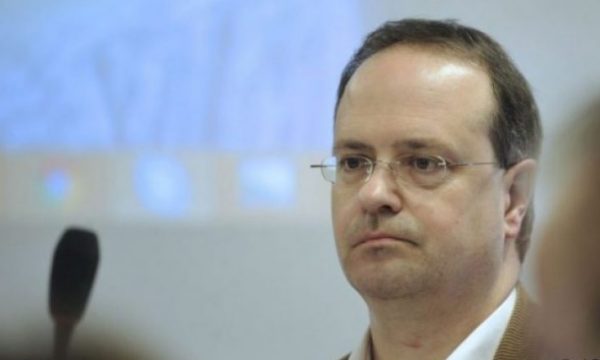
English

Gazeta Express
08/01/2021 16:24Bodo Weber a Senior Associate at the Democratization Policy Council (DPC), focusing on the Western Balkans, in an interview with Gazeta Express, speaks about expectations after resumption of Kosovo-Serbia dialogue, now after the US will establish a new administration led by president elect Joe Biden. Weber has a request for both countries once the dialogue resumes.
He expects a jump start reconstruction of close transatlantic cooperation between the US and the EU, one that starts along the line Washington-Berlin, and then also incorporate all other key actors with the EU, like Paris. A real reset of negotiations, that needs to happen in the first half of 2021, because of German Chancellor Merkel’s exit end of this year. Weber also speaks about early election in Kosovo set to be held on 14 February 2021 and the result of these elections on the outcome of the dialogue.
Express: Do you expect a final deal between Kosovo and Serbia during this year?
Weber: I don’t know whether it will be this year, and I don’t think it is really important when exactly a deadl will be struck, but that we get the right deal, and the we finally, after three and a half years of totally misguided negotiations, that damages the cause and the reputation of the EU and the US in Kosovo, Serbia and beyond, we get to a real reset of negotiations on a truly final, and comprehensive agreement, that means one that guarantees a sustainable solution. Regarding a real reset, I am hopeful we will see it this year, in fact in the first half of this year.
Express: What are your expectations from Biden administration on the Kosovo-Serbia dialogue issue?
Weber: I expect a jump start reconstruction of close transatlantic cooperation between the US and the EU, one that starts along the line Washington-Berlin, and then also incorporate all other key actors with the EU, like Paris. A real reset of negotiations, that needs to happen in the first half of 2021, because of German Chancellor Merkel’s exit end of this year. It needs to start with where the political dialogue originally began – with clear messaging from President Biden and Merkel on the underlying principles without which there can be no negotiations, and all sides know this: that the time of border changes in the Balkans is once and forever over, that Serbia needs to return to the 2013 acceptance of the reality that Kosovo is gone, and adjust its policy accordingly, and that a final deal needs to, besides freeing the way for Kosovo finally achieving full territorial integrity and sovereignty, primarily focus on enabling the Serbian community to be able to fully integrate into Kosovo society based on equal rights.
Express: Do you think that will be better to appoint same as Trump, a Special Envoy for the Prishtina-Belgrade dialogue?
Weber: Not sure, the Trump administration in a way had two envoys, with little to no cooperation. To me most important is that the US and the EU get on one side again, send out strong messaging to anable a real reset of negotiations, that those negotiations need to return to Brussels, with Washington either in the same room, or the room next door, as was the case originally when the politicial dialogue yielded initial, historical progress.
Express: What are your expectations from elections, and do you think that the continuation of dialogue will depend on who wins the elections in Kosovo?
Weber: I don’t think the dialogue restart will depend on the election outcome. What I see still as a possibility is that the start of a reset might be complicated in case that eve after elections parliamentary parties continue to fail to agree on a solution for electing a new president. The more principled threat to the negotiations is what I feared back when the “new phase” in the dialogue started in 2017 – tha “chaos of actors,” Pristina not having its act together for negotiations due to disunity and inter-party antagonisms. I fear that chaos has only worsened over the last three years, while domestic political, but also the dialogue performance of the leading political actors in Kosovo, particularly in 2020, has unfortunately demonstrated that Kosovo’s political system is deeply broken. In that sense, I hope that after parliamentary elections and finding a majority for voting a new president into office, Kosovo will make progress this year on unity in the negotiations with Serbia, and on starting to fix the political system. A real reset of negotiations based on clear principles and close transatlantic cooperation should help on both issues. /GazetaExpress/
Të tjera nga rubrika
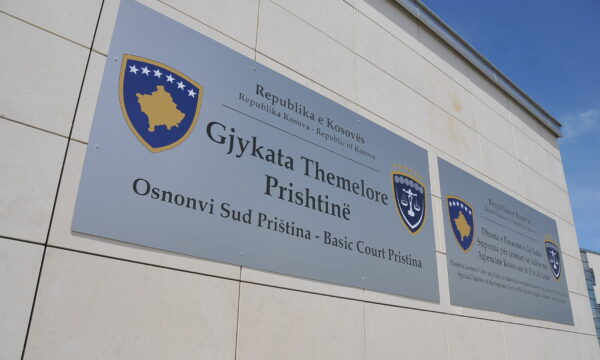
The Basic Court dismisses the indictment against Klodian Allajbeu, Ekrem Lluka and others

Jessica Simpson Takes Lookalike Daughter to Paris For 13th Birthday Amid Divorce
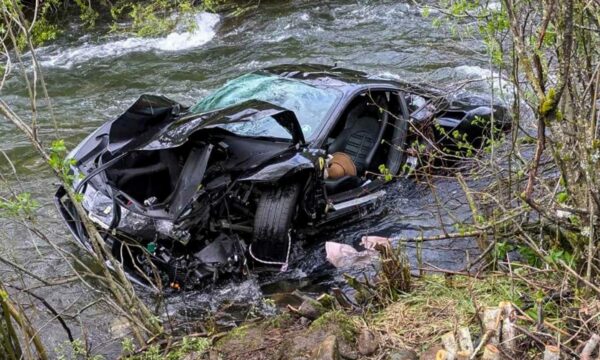
British couple die after Ferrari plunges off mountain in Spain
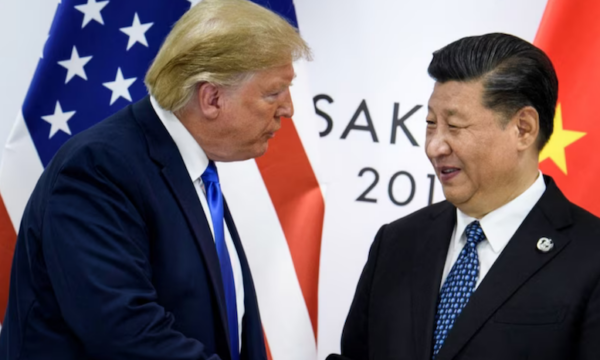
Tariffs Temporarily Cut As Talks Narrow Differences
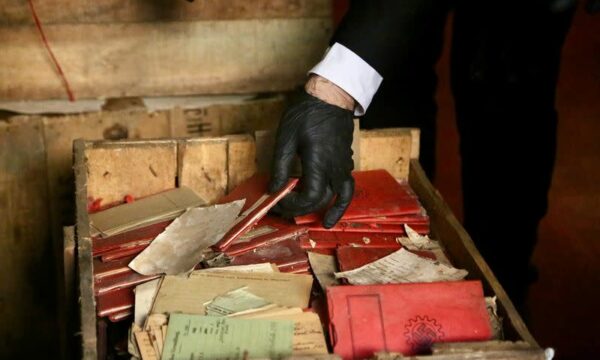
Argentina’s top court finds 80 boxes of Nazi materials in its basement

Why The Tops Of Microwave-Baked Treats Are Ugly And How To Fix Them
Te fundit
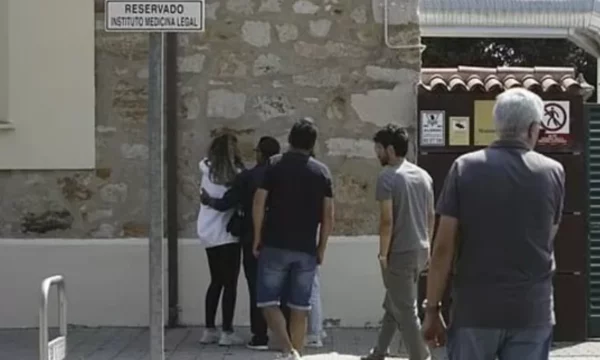
Gruaja e Diogo Jotës në lot para morgut, ngushëllohet nga të afërmit

Salah ndërpret pushimet pas vdekjes tragjike të Diogo Jotës, rikthehet më herët në Angli
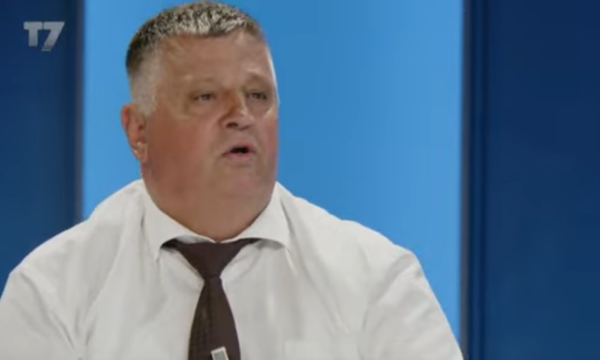
Haradinaj reagon ashpër ndaj Kurtit: Deklaratë e qëllimshme, e ulët dhe do ta turpërojë
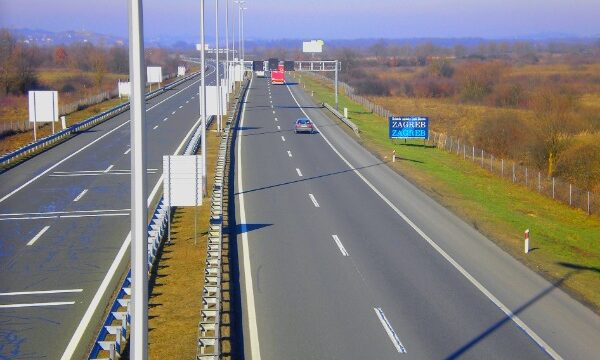
QKMK paralajmëron qytetarët që udhëtojnë në Kroaci: Trafik i rënduar në Zagreb më 5 dhe 6 korrik

Presidenti i Lille e konfirmon: Edon Zhegrova drejt largimit

Sejdiu: Albin Kurti po e rëndon luftën e ish-krerëve të UÇK-së në Hagë
✕





